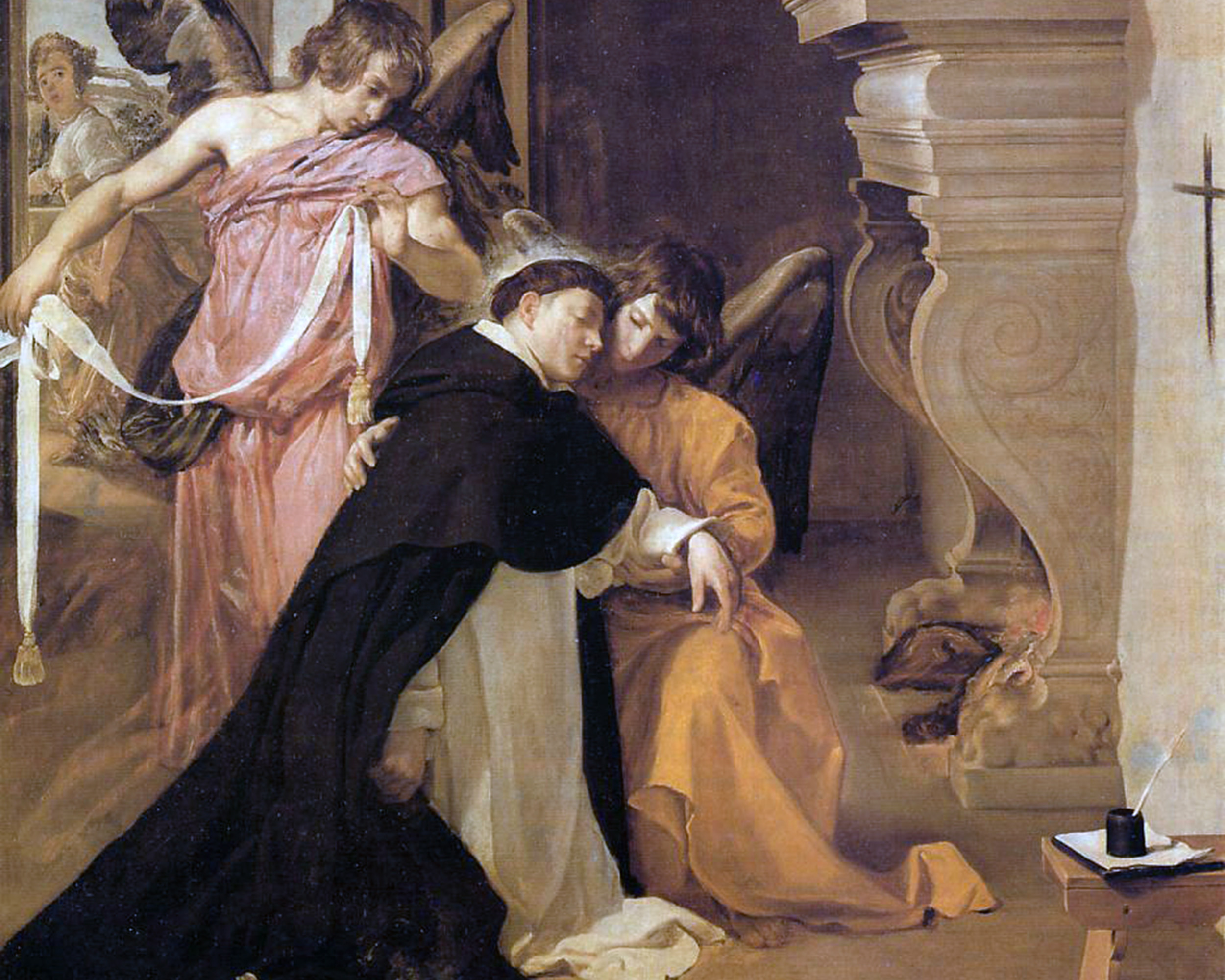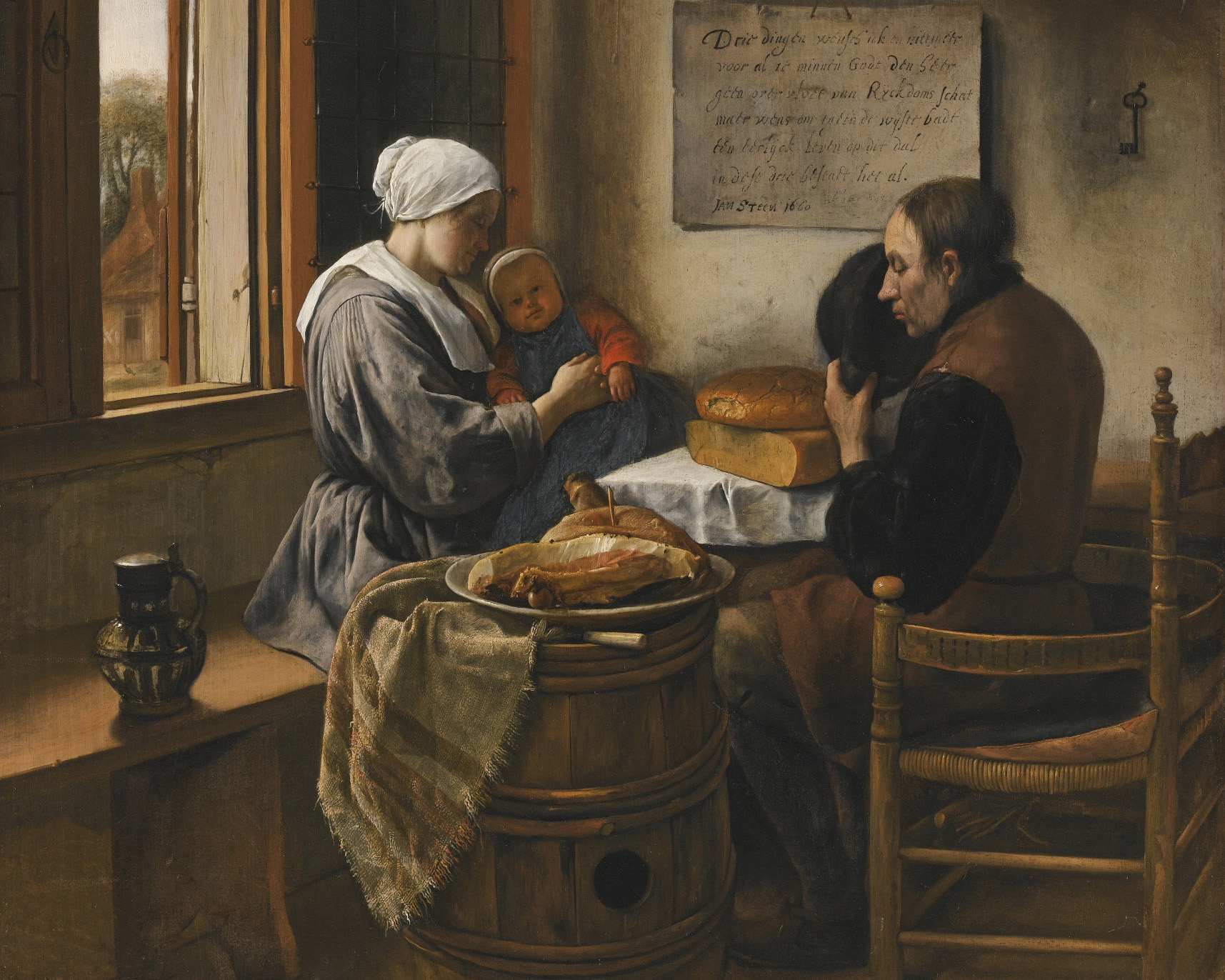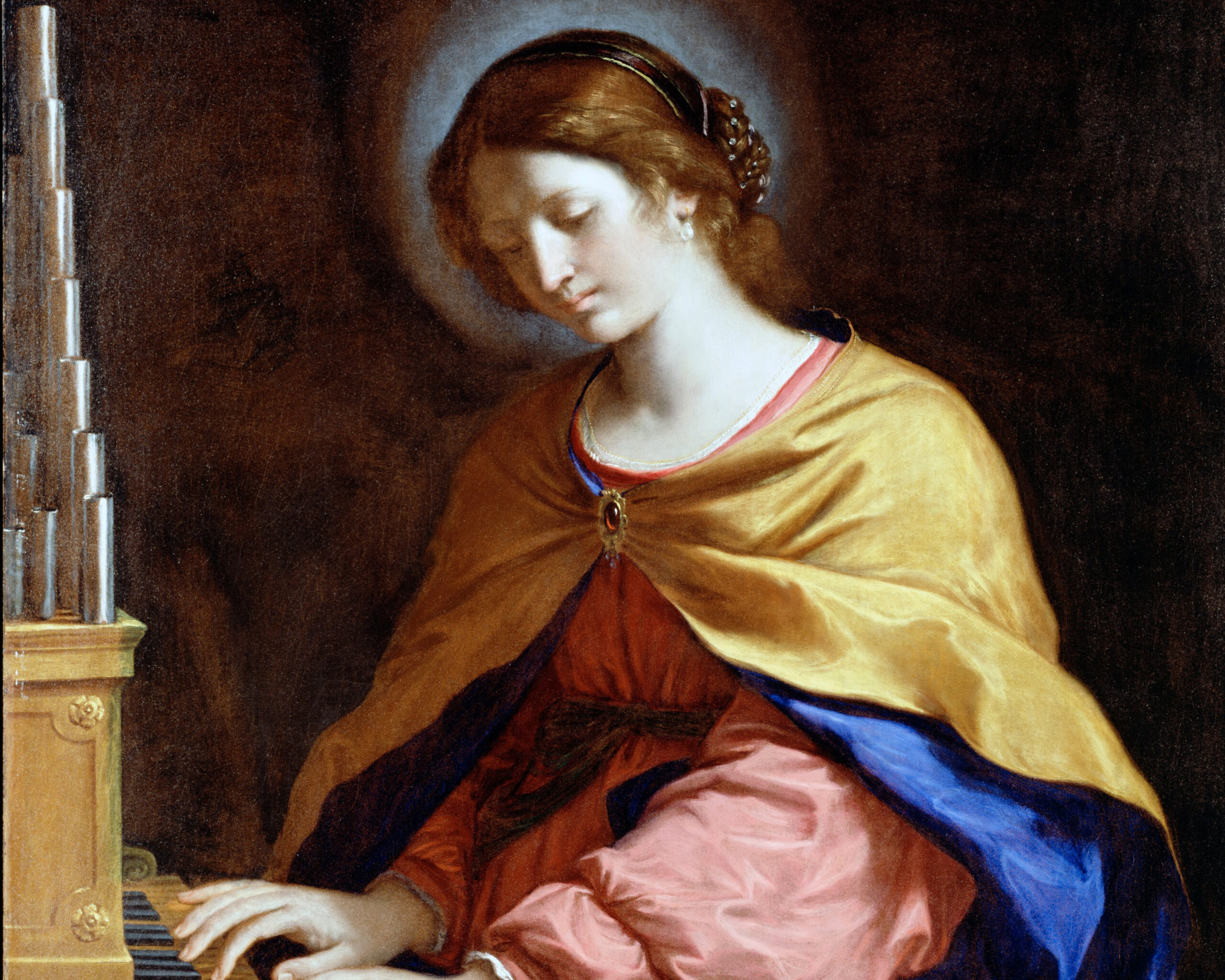One of the greatest Marian writers in history, Saint Louis de Montfort is a name that every Catholic should recognize and keep on their bookshelves. In this excerpt from The Secret of the Rosary, Louis de Montfort illuminates the unfathomable graces available to us through the rosary and offers priceless instruction on perfecting our devotion during prayer.
Dear reader, I promise you that if you practice this devotion and help to spread it, you will learn more from the Rosary than from any spiritual book. And what is more, you will have the happiness of being rewarded by Our Lady in accordance with the promises that she made to Saint Dominic, to Blessed Alan de la Roche, and to all those who practice and encourage this devotion that is so dear to her. For the Holy Rosary teaches people about the virtues of Jesus and Mary and leads them to mental prayer and to imitate Our Lord and Savior Jesus Christ.
It teaches them to approach the sacraments often, to genuinely strive after Christian virtues, and to do all kinds of good works, as well as interesting them in the many wonderful indulgences that can be gained through the Rosary.
People are often quite unaware of how rich the Rosary is in indulgences. This is because many priests, when preaching on the Rosary, hardly ever mention indulgences and give rather a flowery and popular sermon that excites admiration but scarcely teaches anything. Be that as it may, I shall say no more than to assure you, in the words of Blessed Alan de la Roche, that the Holy Rosary is the root and the storehouse of countless blessings.
The Graces Of The Rosary
Through the Holy Rosary:
1. Sinners are forgiven.
2. Souls that thirst are refreshed.
3. Those who are fettered have their bonds broken.
4. Those who weep find happiness.
5. Those who are tempted find peace.
6. The poor find help.
7. Religious are reformed.
8. Those who are ignorant are instructed.
9. The living learn to overcome pride.
10. The dead (the Holy Souls) have their pains eased by suffrages.
Ways To Perfect Our Prayer
Purity of Intention
It is not so much the length of a prayer but the fervor with which it is said that pleases Almighty God and touches His Heart.
One single Hail Mary that is said properly is worth more than one hundred and fifty that are badly said. Most Catholics say the Rosary, the whole fifteen mysteries, or five of them, anyway, or at least a few decades. So why is it then that so few of them give up their sins and go forward in the spiritual life? Surely it must be because they are not saying them as they should. It is a good thing to think over how we should pray if we really want to please God and become more holy.
Concentration
We must also pray with real concentration, for God listens more to the voice of the heart than that of the mouth. To be guilty of willful distractions during prayer would show a great lack of respect and reverence; it would make our Rosaries fruitless and would make us guilty of sin.
How can we expect God to listen to us if we ourselves do not pay attention to what we are saying? How can we expect Him to be pleased if, while in the presence of His tremendous Majesty, we give in to distractions just as children run after butterflies? People who do this forfeit Almighty God’s blessings, which are then changed into curses because they have been praying disrespectfully. “Cursed be he that doth the work of the Lord deceitfully.” (Jer. 28:10).
Of course, you cannot possibly say your Rosary without having a few involuntary distractions, and it is hard to say even one Hail Mary without your imagination troubling you a little (for our imagination is, alas, never still). The one thing you can do, however, is to say your Rosary without giving in to distractions deliberately, and you can take all sorts of precautions to lessen involuntary distractions and to control your imagination.
Reverence
The Rosary ought to be said reverently—that is to say, it ought to be said, as far as possible, kneeling, with the hands joined and clasping the rosary. However, if people are ill, they can of course say it in bed, or if they are traveling, it can be said on foot—and if infirmity prevents people kneeling, it can be said seated or standing. The Rosary can even be said at work, if people’s daily duties keep them at their jobs, because the work of one’s hands is not by any means always incompatible with vocal prayer.
Praying The Rosary With Others
There are several ways of saying the Holy Rosary, but that which gives Almighty God the greatest glory, does the most for our souls, and which the devil fears more than any other is that of saying or chanting the Rosary publicly in groups.
This way of praying is of the greatest benefit to our souls because:
1. Normally, our minds are far more alert during public prayer than they are when we pray alone.
2. When we pray in common, the prayer of each one belongs to us all, and these make but one great prayer together, so that if one person is not praying well, someone else in the same gathering who prays better may make up for his deficiency. In this way, those who are strong uphold the weak, those who are fervent inspire the lukewarm, the rich enrich the poor, the bad are counted as good.
3. Somebody who says his Rosary alone only gains the merit of one Rosary, but if he says it together with thirty other people, he gains the merit of thirty Rosaries. This is the law of public prayer. How profitable, how advantageous this is!
4. Urban VIII, who was very pleased to see how devotion to the Holy Rosary had spread in Rome and how it was being said in two groups or choirs, particularly at the convent of Santa Maria Sopra Minerva, attached one hundred days’ extra indulgence, toties quoties, whenever the Rosary was said in two choirs. So every time you say the Rosary in two groups, you gain one hundred days’ extra indulgence.
5. Public prayer is far more powerful than private prayer to appease the anger of God and call down His Mercy, and Holy Mother Church, guided by the Holy Ghost, has always advocated public prayer in times of public tragedy and suffering.
ooo
This article is taken from a chapter in The Secret of the Rosary by Saint Louis de Montfort which is available from TAN Books.









